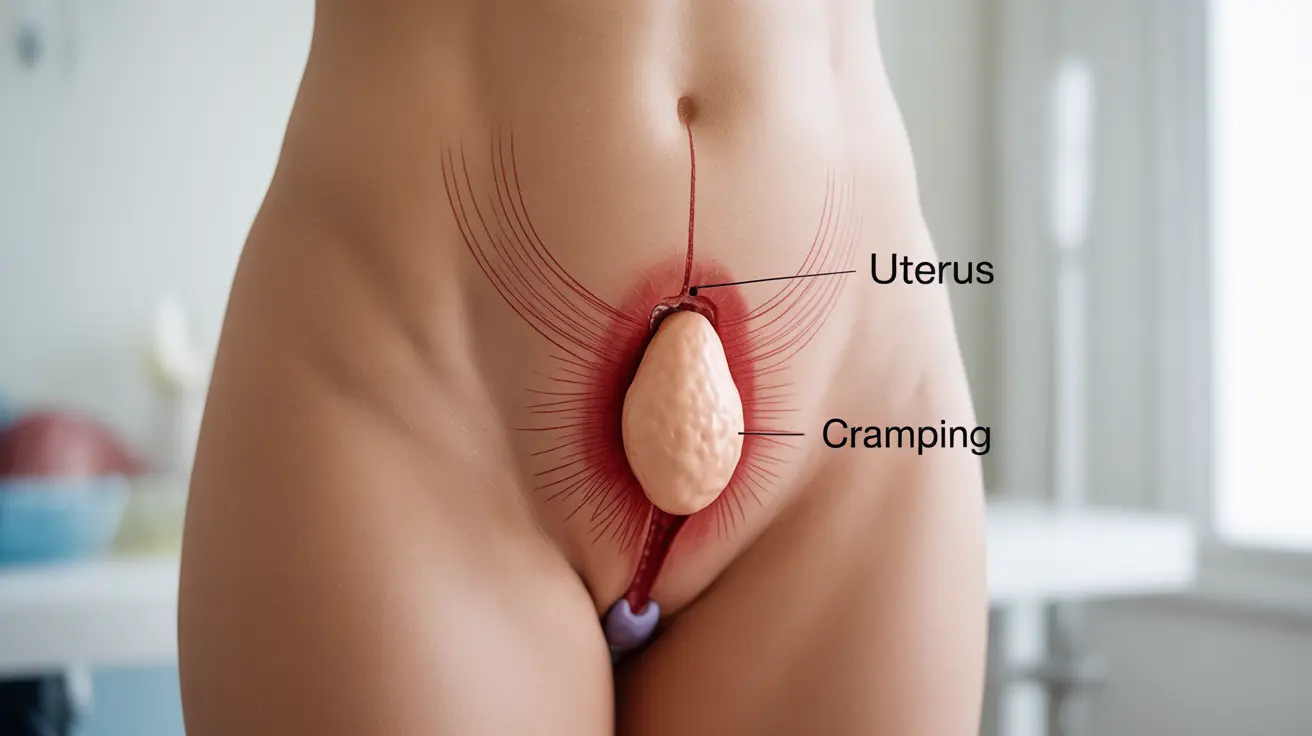The earliest stages of pregnancy bring many questions, especially about physical changes. If you're wondering about your belly at 1 week pregnant, it's important to understand that significant visible changes aren't typical this early. However, your body is already beginning an incredible transformation at the cellular level.
Understanding what's normal during the first week of pregnancy can help ease concerns and set realistic expectations about physical changes. Let's explore what's actually happening in your body during this earliest stage of pregnancy.
Understanding the First Week of Pregnancy
Interestingly, when healthcare providers refer to "1 week pregnant," they're actually counting from the first day of your last menstrual period – before conception has even occurred. This dating system helps establish a consistent way to track pregnancy progress, even though fertilization typically happens around week 2 or 3.
During this initial week, your body is preparing for potential pregnancy, but fertilization hasn't yet taken place. Therefore, any belly changes you notice are likely related to typical menstrual cycle fluctuations rather than pregnancy.
Early Physical Changes and Sensations
Normal Belly Appearance at Week 1
At 1 week pregnant, your belly won't look any different from normal. The fertilized egg hasn't even implanted in the uterus yet, as conception hasn't occurred. Your uterus remains its typical size, about as large as a small pear.
Common Physical Sensations
While your belly won't show visible signs of pregnancy, you might experience some physical sensations during this time:
- Mild cramping similar to menstrual cramps
- Slight bloating due to hormonal fluctuations
- General premenstrual symptoms
- Changes in appetite or digestion
Understanding Early Pregnancy Bloating
Some women report feeling bloated very early in pregnancy, even before a positive test. This bloating is typically caused by hormonal changes that begin affecting your body's processes, including:
- Slower digestion
- Water retention
- Changes in gut bacteria
- Hormonal fluctuations
When to Expect Visible Changes
Most women don't begin to show a noticeable pregnancy belly until around weeks 12-16. The timeline for showing can vary significantly based on several factors:
- First pregnancy vs. subsequent pregnancies
- Body type and pre-pregnancy weight
- Height and torso length
- Core muscle strength
- Position of the uterus
Frequently Asked Questions
Why doesn't my belly look bigger or change size at 1 week pregnant?
Your belly won't look bigger at 1 week pregnant because conception hasn't actually occurred yet. The first week of pregnancy is calculated from your last menstrual period, and fertilization typically happens 2-3 weeks later.
Can hormonal changes cause bloating or belly fullness before pregnancy is confirmed?
Yes, hormonal changes can cause bloating even very early in pregnancy. However, at 1 week pregnant, any bloating is more likely related to your regular menstrual cycle rather than pregnancy, as conception hasn't yet occurred.
When does a pregnant belly typically start to show visible growth?
Most women begin to show a visible pregnancy belly between 12-16 weeks of pregnancy. First-time mothers often show later than those who have had previous pregnancies.
What causes belly bloating or discomfort in the first week of pregnancy?
During the first week, any bloating or discomfort is typically related to normal menstrual cycle changes rather than pregnancy. True pregnancy-related bloating occurs after conception and implantation, which happens several weeks later.
How does the uterus size change during the early weeks of pregnancy?
During the first week, the uterus maintains its normal, pre-pregnancy size (about the size of a small pear). Significant uterine growth doesn't begin until after successful implantation and as the pregnancy progresses beyond the first few weeks.




